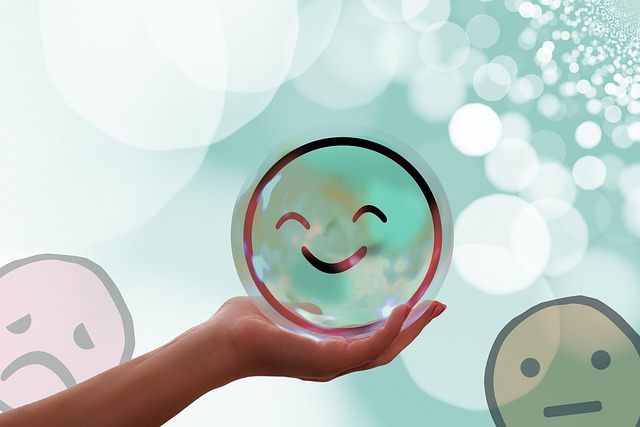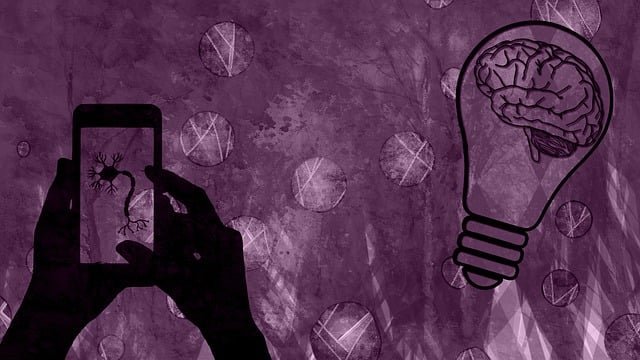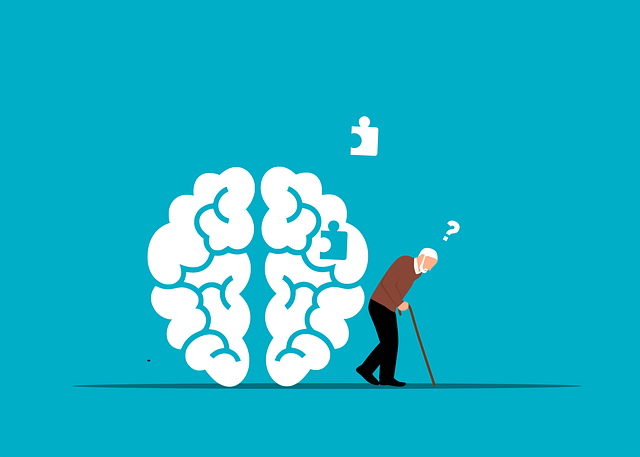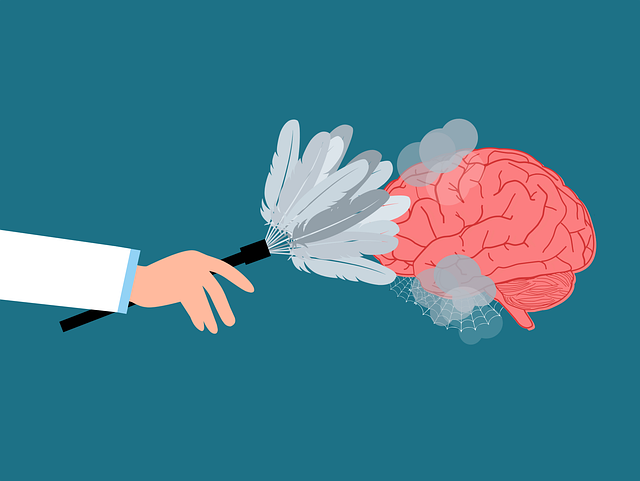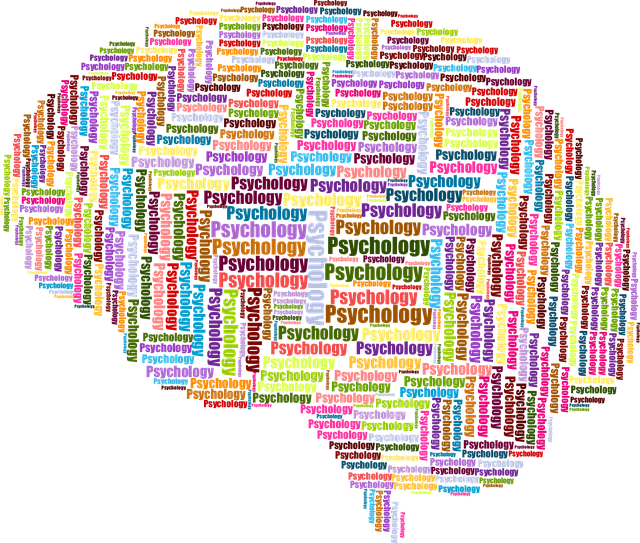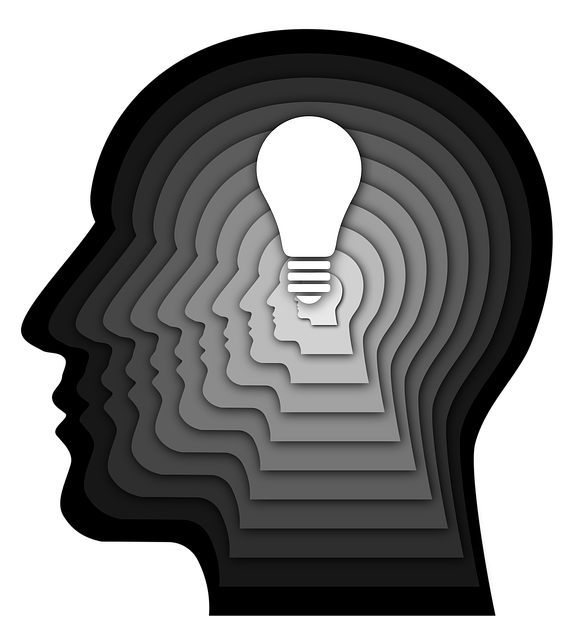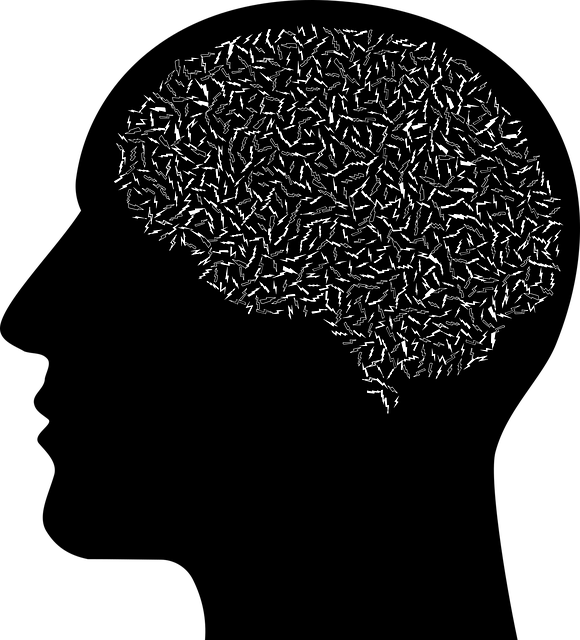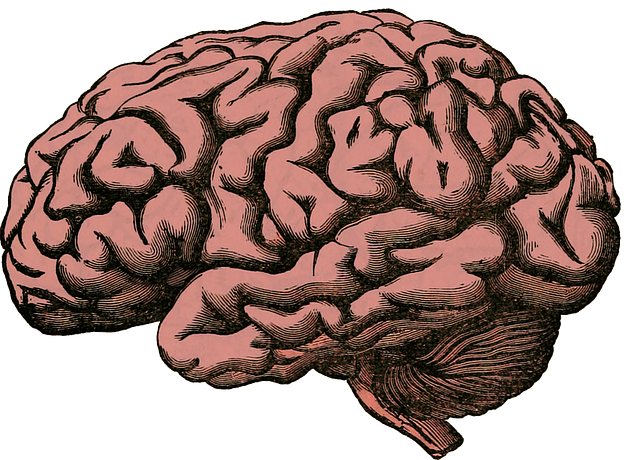Mental wellness journaling is a powerful tool for self-reflection, emotional well-being and understanding oneself. Documenting thoughts and feelings privately aids in identifying emotional patterns and triggers, enhancing mental health. Combining this with Superior Anger Management Therapy techniques allows individuals to constructively channel anger, improve stress management, and boost overall mental wellness. Mindfulness practices integrated into journaling, like deep breathing, calm the mind and enhance clearer thinking, particularly beneficial for anger management. This practice prevents burnout among healthcare providers and fosters personal growth through supportive communities. Journaling, along with therapy and community engagement, offers a holistic approach to superior anger management.
“Unleash your inner peace with Mental Wellness Journaling—a transformative practice gaining traction worldwide. This article guides you through harnessing its potential as a powerful self-reflection tool. We explore how expressing emotions, particularly managing superior anger therapy, can lead to improved mental health.
From setting achievable goals to incorporating mindfulness, each section reveals steps to create a personalized therapy plan. Discover the benefits of sharing insights and building a supportive community for holistic growth.”
- Understanding Mental Wellness Journaling: A Powerful Tool for Self-Reflection
- The Benefits of Expressing Emotions: Unleashing Anger in a Healthy Manner
- Setting Goals and Tracking Progress: Creating a Personalized Therapy Plan
- Incorporating Mindfulness Practices: Calming the Mind for Clearer Thinking
- Seeking Support and Sharing Insights: Building a Community for Growth
Understanding Mental Wellness Journaling: A Powerful Tool for Self-Reflection

Mental wellness journaling is a powerful tool that fosters self-reflection and promotes emotional well-being. It encourages individuals to explore their thoughts, feelings, and experiences in a safe and private space. By regularly documenting their mental state, people can gain valuable insights into their emotions, identify patterns, and develop a deeper understanding of themselves. This practice plays a significant role in enhancing overall mental wellness, particularly when coupled with superior anger management therapy techniques.
In the context of cultural sensitivity in mental healthcare practice, journaling allows individuals from diverse backgrounds to express themselves authentically. It provides an avenue for them to reflect on cultural influences that might impact their mental health and seek relevant support. Additionally, burnout prevention strategies for healthcare providers can incorporate journaling as a means to process demanding cases and maintain professional resilience. The community outreach program implementation can also benefit from this practice, as it facilitates personal growth and strengthens connections within supportive networks.
The Benefits of Expressing Emotions: Unleashing Anger in a Healthy Manner

Expressing emotions, especially those that are intense like anger, is a vital component of mental wellness. In the pursuit of self-improvement and better mental health, many individuals often overlook or suppress their anger, which can lead to suppression and potential long-term issues. However, when channeled constructively, anger can serve as a powerful catalyst for change. Superior Anger Management Therapy encourages individuals to recognize and understand their anger triggers, allowing them to respond rather than react.
Through journaling, one can safely explore the underlying causes of their anger, fostering self-awareness and self-acceptance. This process enables individuals to develop healthier coping mechanisms, enhancing their ability to manage stress and improve overall mental wellness. By embracing their emotions and learning to express them in a safe and controlled manner, individuals embark on a journey of personal growth, leading to increased self-esteem and improved relationships.
Setting Goals and Tracking Progress: Creating a Personalized Therapy Plan

Journaling can be a powerful tool to set and track personal goals for mental wellness. By documenting your thoughts, emotions, and experiences, you gain valuable insights into patterns that contribute to stress or anger management challenges. One effective strategy is to outline specific areas of focus, such as improving conflict resolution techniques or managing intense emotions. For instance, setting a goal to “Practice deep breathing exercises during moments of high anger” allows for measurable progress tracking.
As you regularly review your journal entries, identify achievements and areas needing improvement. This reflective process enables the design of a personalized therapy plan, incorporating strategies like cognitive-behavioral techniques or mindfulness practices. Additionally, seeking community outreach program implementations or participating in mental health education programs can further enhance your journey. Remember, consistent journaling supports superior anger management therapy by fostering self-awareness, personal growth, and effective coping mechanisms.
Incorporating Mindfulness Practices: Calming the Mind for Clearer Thinking

Incorporating mindfulness practices into your mental wellness journaling routine can significantly calm the mind and enhance clearer thinking. Techniques such as deep breathing exercises or mindful meditation allow individuals to detach from racing thoughts, fostering a sense of tranquility. This calming effect is particularly beneficial for managing anger effectively, a key aspect often addressed in Superior Anger Management Therapy. By quieting the mind, one can gain better control over emotional responses, promoting healthier coping mechanisms and improved decision-making.
Mental Wellness Journaling Exercise Guidance encourages individuals to take time each day to engage in mindfulness activities. This could involve setting aside 10 minutes for a simple breathing exercise or longer periods for more structured meditation practices. Regularly practicing these techniques not only reduces stress but also increases self-awareness, a crucial element in understanding and managing one’s emotions, including anger. Incorporating such practices into your daily routine can serve as an effective burnout prevention strategy for healthcare providers, who often face high-stress environments demanding superior emotional control.
Seeking Support and Sharing Insights: Building a Community for Growth

Journaling is a powerful tool to explore and express one’s thoughts and feelings, especially when it comes to managing emotions effectively. When individuals engage in mental wellness journaling exercises, they create a safe space for introspection and self-reflection. This practice encourages open dialogue with oneself, allowing for a deeper understanding of emotional patterns and triggers. By jotting down experiences, reactions, and insights, one can identify areas that require attention and seek support when needed.
Sharing these personal reflections within a supportive community further enhances the therapeutic process. Mental health professionals often emphasize the benefits of group therapy or peer support networks where individuals can exchange experiences and strategies for managing challenges like anger or stress. This sense of belonging fosters emotional intelligence, enabling participants to navigate their mental wellness journeys with increased resilience and a deeper appreciation for one another’s struggles. It also provides an opportunity to learn from diverse perspectives, offering alternative risk management planning techniques for optimal well-being.
Mental wellness journaling is a versatile tool that empowers individuals to navigate their emotions, set goals, and foster growth. By incorporating practices from mindfulness to community support, one can create a personalized therapy plan effective for superior anger management. Expressing feelings openly, tracking progress, and seeking guidance all contribute to a healthier, more balanced mental state. This ancient practice of self-reflection becomes a modern game-changer when integrating various strategies for emotional well-being.

